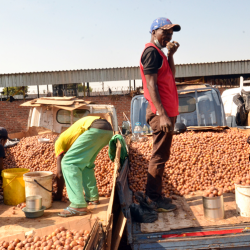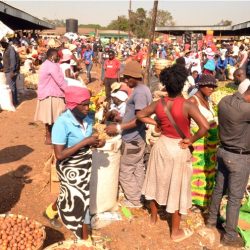The value of bringing dignity and respect back to the farming profession
If developing countries treated farming like other professions, many farmers would have graduated from smallholder farming to large-scale farming in line with growth-oriented changes related to land size and markets. By now, millions of farmers have become extension officers and agricultural lecturers. Agricultural colleges would be training farmers as opposed to training extension officers on Read more about The value of bringing dignity and respect back to the farming profession[…]


